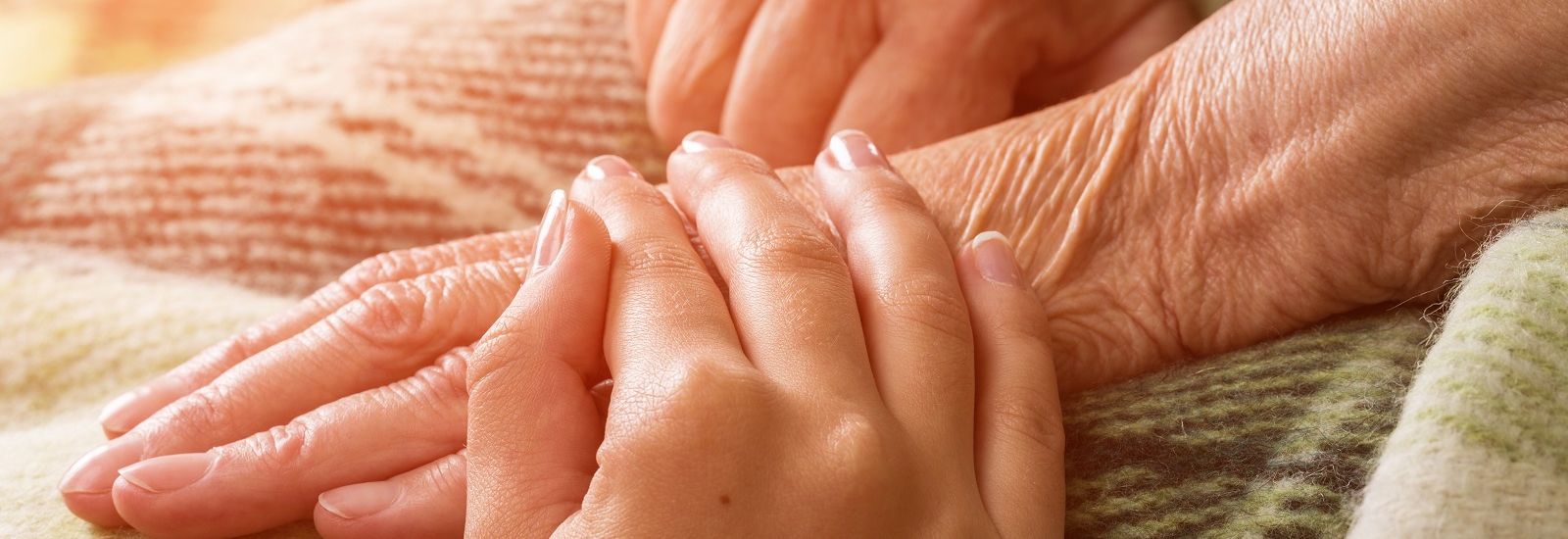
Parkinson’s Foundation awards Reid Fitness $15,000 grant for Rock Steady Boxing
Oct. 29, 2024 -- Reid
Health's Rock Steady Boxing program is receiving $15,000 from the Parkinson's
Foundation. One of 40 community grant recipients nationwide, the funding will
go toward the rehabilitation boxing program available in the Reid Fitness
department.
The
Parkinson's Foundation distributed more than $1 million in community grants for
Parkinson's disease (PD) programs across the U.S. The foundation invests in
community programs that make an impact in local communities and help people
live better with PD by providing support for health, wellness, and educational
needs.

Jess Przybysz, Director of Community Benefit
and Engagement at Reid Health, said the grant will help support Reid's Rock
Steady Boxing rehabilitation program.
"We're
thankful for the generosity of the Parkinson's Foundation to support
community-based programs and those living with PD," Przybysz said. "The grant
will provide essential program support, including scholarships and supplies for
our Rock Steady participants, to improve the health and well-being of those
living with Parkinson's."
This
year, 90,000 people will be diagnosed with Parkinson's, a progressive
neurodegenerative disorder. Parkinson's causes a gradual loss of brain cells
that produce dopamine, a chemical necessary for movement. Nearly 1 million
people in the U.S. live with Parkinson's.
Reid Fitness has offered Rock Steady Boxing since
2013. The non-contact program includes more than 60 participants in classes
instructed by certified coaches. Four class levels, designed for every
fitness level, are available in Richmond and Connersville. No prior boxing
experience is needed.
Boxing
moves the body in all planes of motion with each workout continuously changing
the routine.
Jesse Tittle, Manager of Sports Medicine
& Reid Fitness at Reid Health, said Rock Steady Boxing is
a self-paced program.
"Rock
Steady Boxing helps people fight back against Parkinson's by using exercise to
slow the progression of the disease and improve their quality of life," Tittle
said. "The program focuses on workouts to address the challenges of living with
PD."
The
most well-known and visible signs of PD are tremors, slow movement, stiffness,
and balance issues with lesser-known symptoms related to non-motor skills like
anxiety, sleep issues, and thinking changes.
"Community
grants help people with PD live better lives, today," said Parkinson's
Foundation President and CEO John L. Lehr. "These investments reflect the
Foundation's continued commitment to meeting unmet needs in the Parkinson's
community."
Community
grants range from a minimum of $10,000 to a maximum of $25,000 per recipient.
The 2024 grant cycle funds programs that educate and deliver exercise, reach
those who are PD care partners, and address mental health needs of people with
PD. Selected organizations operate locally and demonstrate a commitment to
diversity, equity, and inclusion.
Since
2011, the Parkinson's Foundation has invested more than $11.5 million in 879
community-based programs. To see the full list of the 2024 community grant
recipients, visit Parkinson.org/CommunityGrants.
About
the Parkinson's Foundation
The
Parkinson's Foundation makes life better for people with Parkinson's disease by
improving care and advancing research toward a cure. In everything we do, we
build on the energy, experience, and passion of our global Parkinson's
community. Since 1957, the Parkinson's Foundation has invested more than $449
million in Parkinson's research and clinical care. Connect with us on Parkinson.org, Facebook, Twitter, Instagram or call 1-800-4PD-INFO (1-800-473-4636).
About
Parkinson's Disease
Affecting
an estimated 1 million Americans, Parkinson's disease is the second-most common
neurodegenerative disease after Alzheimer's and is the 14th-leading cause of
death in the U.S. It is associated with a progressive loss of motor control
(e.g., shaking or tremor at rest and lack of facial expression), as well as
non-motor symptoms (e.g., depression and anxiety). There is no cure for
Parkinson's, and nearly 90,000 new cases are diagnosed each year in the U.S.

